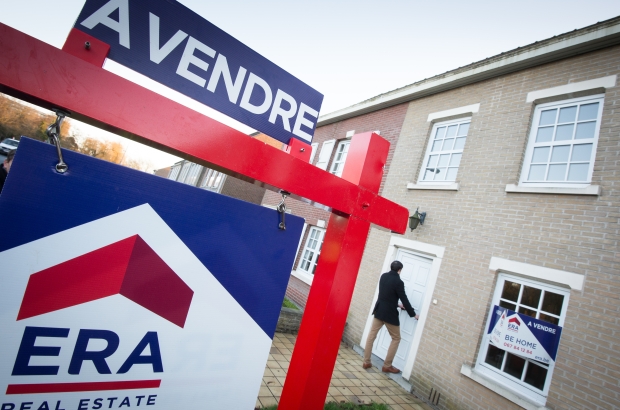- Daily & Weekly newsletters
- Buy & download The Bulletin
- Comment on our articles
Banks could check energy efficiency of houses before agreeing property loans
The National Bank wants banks to collect information about the energy efficiency of homes for which they lend money, VRT News reports. According to the National Bank, poorly insulated homes pose a risk, to both banks and buyers.
Among other things, the National Bank monitors the financial health of financial institutions. Mortgage loans are an important parameter, because Belgians still like to borrow a lot to be able to buy a home.
This can be seen in the debt ratio of households. Since the beginning of the 2000s, it has risen steadily from just under 40% of GDP - that is, everything that is produced in Belgium in terms of products and services - to 62% at the end of last year.
Belgians are therefore taking on more and more debt to buy a home. That makes sense, because houses and apartments have become more expensive in the past 20 years, while incomes have not increased by the same level.
This worries the National Bank, because if too many people can no longer pay off their homes, the bank (and by extension the entire financial world) will eventually run into problems.
The rise in energy prices has increased these concerns even more. Heating and electricity are taking an increasingly large bite out of the budget and, moreover, interest rates are rising, which makes borrowing more expensive.
That is why the National Bank is now calling on banks to map the energy score of their real estate portfolio and to collect this data for all new loans it sells. This gives the bank a better view of possible future defaults. That could mean that banks will be less inclined to grant a loan for a poorly insulated property.
Since 1 January last year, banks have been obliged to request an EPC report (which indicates how energy efficient a home is) with every new loan, but they do not always do so. Consultancy firm Immotheker Finnotheker, which assists people in taking out a loan, has called this "a disgrace".
Buyers are also warned by the National Bank to take into account the energy efficiency of a building before making a purchase, because poorly insulated houses are more often bought by people who have to set aside a larger part of their income for repayment. In the event of rising energy prices and rising interest rates, they are the first victims.
Anyone who buys a poorly insulated house from 1 January 2023 (EPC label E or F) is obliged to renovate to label D or higher within 5 years. According to Immotheker Finotheker, the prices of such homes will fall as a result.
If banks become more cautious with loans for poorly insulated homes, this will mainly affect people with a lower budget. "For many vulnerable families, buying a home and renovating it at the same time will be less easy," says Veronique Goossens, chief economist at Belfius. “There is therefore increasing calls for more subsidies for energy renovation to help these people.”
"We have to keep a close eye on the housing market in the coming years, because prices have risen so much," she continues. "We are now hoping for a stabilisation in the coming years. That is also coming with rising interest rates. In the past 10 years the number of young families buying houses has not decreased, but many often do so with the help of the parents and not everyone has that."



















